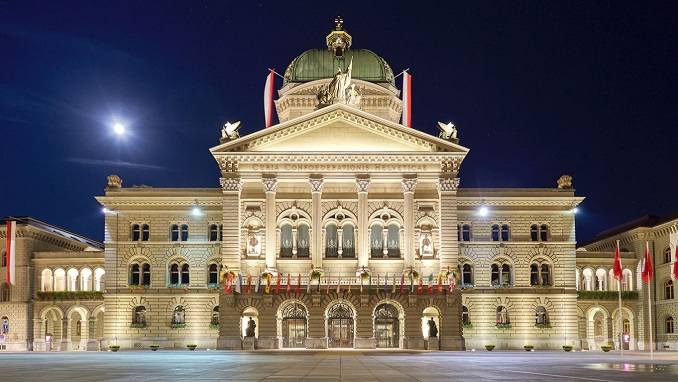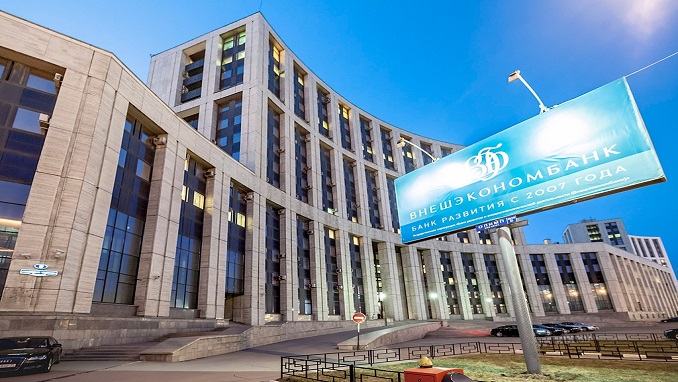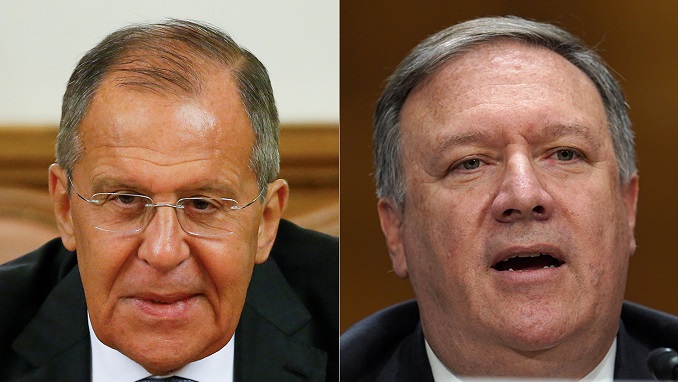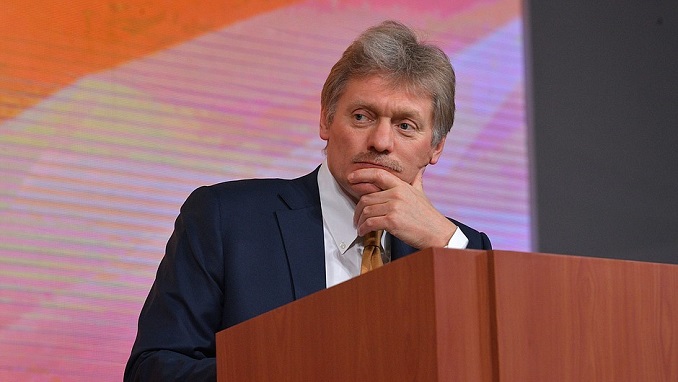Although it decided to align itself with the neighboring European Union’s sanctions against Moscow four days after Russia invaded Ukraine on February 24th, 2022, and has since frozen billions in Russian assets, traditionally-neutral Switzerland ruled out the plan to confiscate private Russian assets frozen in Swiss banks.
The Swiss government’s decision to follow the EU’s lead on sanctions targeting Russia has breathed new life into debates around the country’s deeply engrained neutrality, especially after the controversy sparked by Bern’s decision to bar several European countries from re-exporting Swiss-made arms to Ukraine in the name of its neutrality.
The wealthy Alpine nation’s Justice Ministry said in a statement on Wednesday that confiscating private Russian assets to help rebuild Ukraine would be contrary to Swiss law.
The working group of the Swiss State Secretariat for Economic Affairs (SECO), which was asked by Switzerland’s Federal Council – as the government is known – to clarify the legality of such a move, concluded that such a move would violate the Swiss constitution and legal system, which forbid expropriation of private property without compensation, and would also violate Switzerland’s international obligations.
SECO revealed last month that Switzerland currently holds 7.5 billion Swiss francs ($8.13 billion) worth of frozen financial assets belonging to Russian citizens.
The Swiss Justice Ministry said in its statement afterward that the confiscation of frozen private assets violates Switzerland’s international commitments and is inconsistent with the prevailing legal order and the Federal Constitution.
The ministry, however, noted that independent of the discussions on frozen assets, Switzerland plans to continue to support Ukraine, emphasizing that Bern is engaged in other international discussions, including on the possibility of introducing tougher criminal penalties for violating sanctions and confiscating Russia’s central bank currency reserves and other state assets.
Although discussed by Western countries for some time, the proposal to confiscate the private assets of Russian citizens and to use the money to help rebuild Ukraine has come up against legal hurdles.
Switzerland, in particular, was recently warned by the former head of Deutsche Bank Josef Ackermann that such a step could possibly result in the country losing its status as a global financial center since it would jeopardize investor confidence in the Swiss banking system.
Russia, on the other hand, has repeatedly warned against any move to seize its assets saying it could create a dangerous precedent in international law and give Moscow right to confiscate foreign assets kept in Russia in retaliation.



